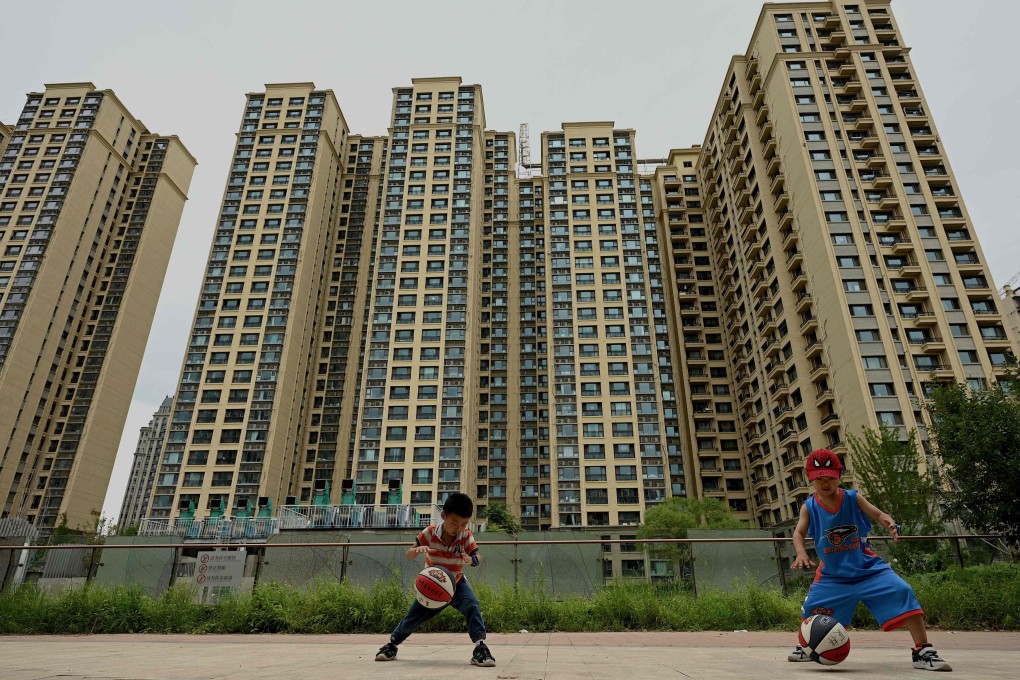Housing slump threatens ‘China Dream’ while geopolitics make Chinese assets ‘only selectively investable’ for Morgan Stanley fund managers
- Top leadership is focused on Party Congress to agree on a rescue plan for the housing industry, putting the onus on local governments to fix problems
- A more assertive foreign policy will add geopolitical risk premium to assets and make China ‘only selectively investable’, says Morgan Stanley IM

Hopes for some sort of intervention by Beijing to overcome a slump in the housing sector is “wishful thinking”, said Lawrence Brainard, chief emerging markets economist at London-based research firm TS Lombard. China’s more assertive foreign policy has forced investors to add geopolitical risk, making assets “only selectively investable”, according to Morgan Stanley Investment Management.
“Beijing does not yet have an agreed rescue plan and is playing for time by asking local governments to keep a lid on the crisis,” Brainard wrote in an August 22 report. “Caught up in political manoeuvring ahead of the [Communist] Party Congress later this year, the top leadership is in no position right now to come up with a new housing policy.”
The CSI 300 Index, which tracks the biggest onshore companies, has declined about 16 per cent this year through August 23. In Hong Kong, the Hang Seng Mainland Property Index has slumped 47 per cent this year, after tumbling 31 per cent last year. Country Garden and Longfor Group have crashed by 30 to 60 per cent, among the top losers.
Home ownership is at the heart of the “Chinese Dream” but “against a scenario of the continued decline in housing supply, the lack of a coherent housing policy is discouraging potential homebuyers,” said Brainard, who previously co-headed emerging-market debt at Goldman Sachs.